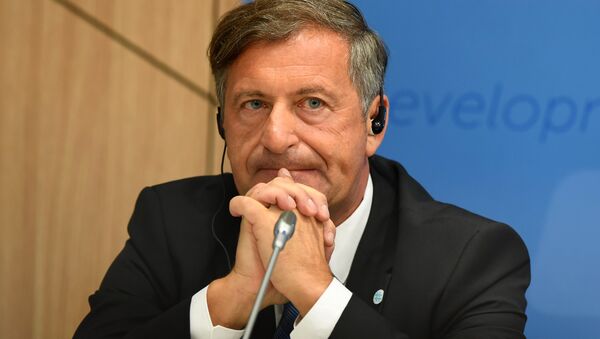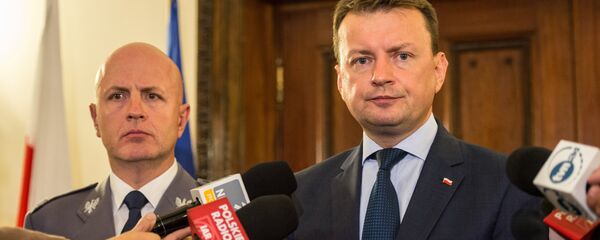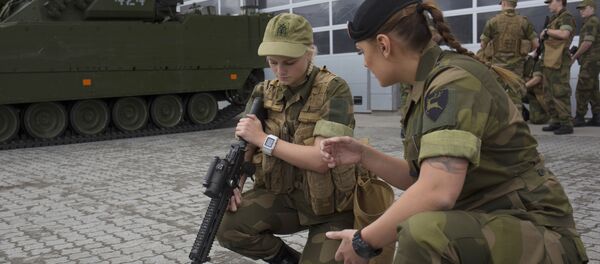MOSCOW (Sputnik), Ksenia Shakalova — The largest potential for the development of Slovenian-Russian cooperation lies in the field of business projects, trade and investment, Slovenian Foreign Minister Karl Erjavec told Sputnik.
"After a few years of a downward curve, the resumed upward trend in trade reveals both the interests in and the potential for strengthened cooperation in this field," Erjavec said, when asked in what areas he saw the most potential for the development of Russian-Slovenian cooperation.
According to the foreign minister, 18 joint projects are being implemented in both countries.
"To date, seven projects have been finalized – in energy and energy efficiency, the introduction of advanced technologies, IT equipment and modern solutions, investment and innovation projects, and scientific and research activities. Furthermore, nine potential projects have been identified, plus a project envisaging a joint appearance in third markets," Erjavec said.
The foreign minister added that Russia was an important export market for Slovenian companies and stressed that both sides were welcoming mutual investments.
"This year, the trade between the two countries increased by 19 percent and overnight stays of Russian guests in Slovenia by 41 percent, while in 2016, Slovenian direct investments in Russia increased by 28 percent," the minister said.
According to Erjavec, Ljubljana is interested in enhanced cooperation in energy and sees "untapped potential in agriculture and food production."
On Refugee Relocation Program
According to the minister, Ljubljana supports the EU solidarity principle, but "opposes the so-called solidarity contribution that a member state would be obliged to pay if it wanted to temporarily withdraw from the relocation mechanism."
The European Union introduced a relocation scheme in 2015, with the European Commission proposing to resettle migrants in various EU states and to introduce corresponding quotas. Several European states have protested the measure.
In May, the European Commission called on nine EU members, including Slovenia, to start participating in the resettlement and offered an alternative option to temporarily withdraw from the scheme but pay 250,000 euros ($295,000) for each applicant that the state refuses to host.
Ljubljana also believes that illegal migration should be curbed, which "can only be achieved by better external border control and an efficient fight against smuggling and human trafficking," according to the minister.
On the Border Issue With Croatia
Ljubljana is expecting Croatia to comply with the verdict of the International Arbitration Tribunal's decision on the border dispute between the two Balkan states, granting Slovenia a significant portion of the Bay of Piran and a corridor to the sea.
The international tribunal in the Netherlands made its decision in June, but Croatia has refused to comply.
"The final award constitutes a compromise for both sides, but it is of crucial importance and represents the grounds for finally solving a very important issue, namely the determination of the entire border with Croatia and the Slovenia's junction to the High Sea. Slovenia expects Croatia to respect the award of the Arbitral Tribunal in accordance with the European values and its legal tradition," the foreign minister said.
Erjavec noted that the relationship between the two countries covered "a broad range of areas," including "excellent" economic cooperation. The foreign minister pointed out that Croatia was fourth among Slovenia's trade partners in 2016.
Erjavec said Slovenia would prepare everything needed for the implementation of the tribunal's decision within six months, as required by the arbitration agreement, including an amendment to the Slovenian legislation, "the process of which has already started."
Croatia and Slovenia have been in a dispute over the Gulf of Piran, a 20-square kilometer (7.7-square mile) area of the Northern Adriatic, since the breakup of Yugoslavia in 1991.





